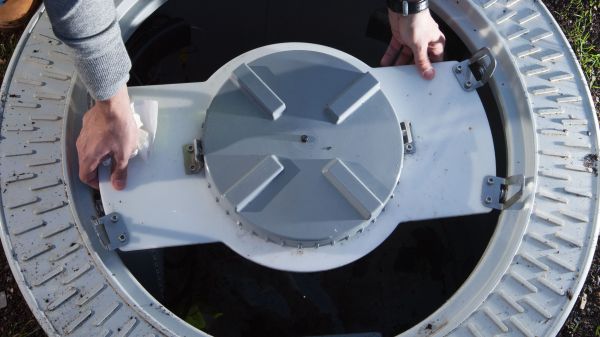5G is gearing up to be the most extensive implementation of mesh networking ever, and that could mean antennas will not need to broadcast for miles, just far enough to reach some devices. That unsightly cell infrastructure stuck on water towers and church steeples could soon be hidden under low-profile hunks of metal we are already used to seeing; manhole covers. This makes sense because 5G’s millimeter radio waves are more or less line-of-sight, and cell users probably wouldn’t want to lose connectivity every time they walk behind a building.
At the moment, Vodafone in the UK is testing similar 4G antennas and reaching 195 megabits/sec download speeds. Each antenna covers a 200-meter radius and uses a fiber network because, courtesy of existing underground infrastructure. There is some signal loss from transmitting and receiving beneath a slab of metal, but that will be taken into account when designing the network. The inevitable shift to 5G will then be a relatively straightforward matter of lifting the old antennas out and laying the new hardware inside, requiring only a worker and a van instead of a construction crew.
We want to help you find all the hidden cell phone antennas and pick your own cell module.
Via IEEE Spectrum.











